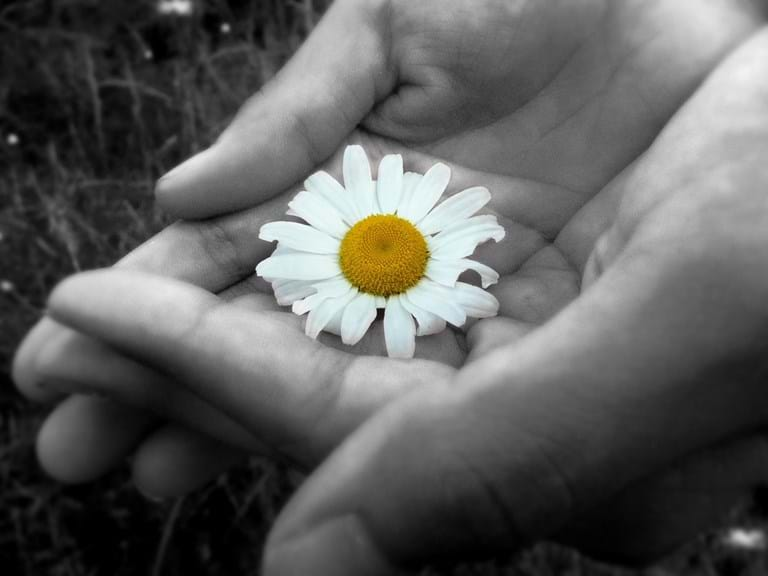Counselling and Hope
We all know that hope helps in the achieving of practical tasks and goals. It sets up a positive mind-set, determination and will, and lights up the road ahead. It helps us set off down that road and keep going even when things are difficult.
Hope is vital in therapy too. Hope that things can change – your feelings, your relationships, your problems, your family, and all the faults you see in yourself. In a sense all therapy is built on hope, hope that there will be a future for you and one that is better.
Right now at the outset, the seeds of hope may be very small or even completely dormant. Hope may simply be an idea but not something you can actually connect to or feel. You probably know that hope is possible or you would not be considering counselling. But what you really feel is despair. Hope may be something you had in the past, before all the difficult times began. Perhaps the only real hope you have now is that therapy can help you regain hope.
The Effects of Hope and Despair
Hopelessness and despair can directly affect our physical health. If we are unwell they can make it less likely that we see improvements in our health. Victor Frankl, when recounting his experiences in Auschwitz, wrote that there was an explicit link between ‘the state of mind of a man, his courage and hope or the lack of them, and the state of immunity of his body. ‘
Hope can directly influence our mental health too. People without hope or those experiencing despair are more likely to go through depression, anxiety and other mental health problems. Nelson Mandela, who suffered 27 years in prison, some of it in solitary confinement, put down his ability to stay strong and to keep his mental health intact to his mental attitude; “I am fundamentally an optimist. Whether that comes from nature or nurture, I cannot say. Part of being optimistic is keeping one's head pointed toward the sun, one's feet moving forward. There were many dark moments when my faith in humanity was sorely tested, but I would not and could not give myself up to despair.’
To read more about the importance of hope for good mental health, please see this article from Psychology Today.
Counselling for Hope
When we are overwhelmed by adversity and feel depression, extreme anxiety, hopelessness and despair, we may close off from other people, turning inwards in indifference or despair. But isolation may only makes things worse. It’s vital to keep connection to people around you and to life.
Contact with someone else who cares and has the skills and experience necessary to help, can lift you and create renewed hope that things can change. That someone is your therapist. Even if you don’t believe change is possible, the counsellor can do the hoping for you until such time as you feel more robust. In a sense, hope is something you create together in the counselling room.
This hope isn’t pie-in-the-sky. It’s hope in a very real sense, grounded on good sense. After all, it’s the job of a therapist to help people in difficulty. A counsellor has studied, researched and practised helping people to explore their lives and relationships and find ways forward that they can’t see on their own.
When you look at how you feel, the difficult situation you are in, or your relationship which is falling apart, you may be able to put your hand on your heart and say with conviction that you really have given it your best shot. You have done everything you can. Nothing seems to work.
Perhaps you have done all you know how to do. Yet that doesn’t mean that things can’t change. The fact is, many of us don’t have the skills or experience or know-how to manage difficult feelings, to form a thriving intimate relationship or to create harmony in our families. Events in the past or previous mis-learning can make happiness elusive however hard we try.
However, counselling can help you put your effort and determination to use in ways that actually work. Counselling can provide you with new methods and skills for relating and living. Having a professional therapist walk alongside you during difficult times can make the necessary difference between staying stuck and moving into a brighter future.

